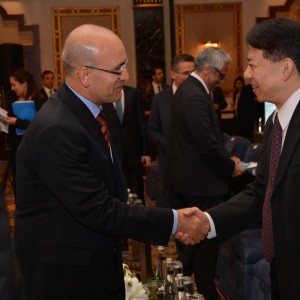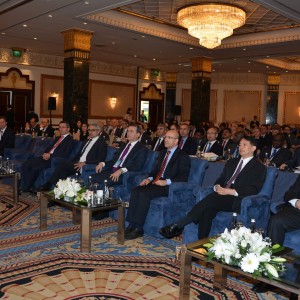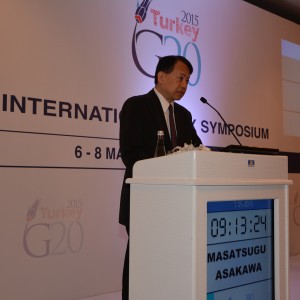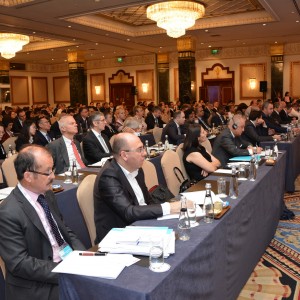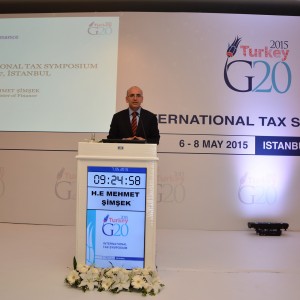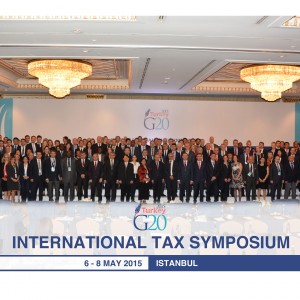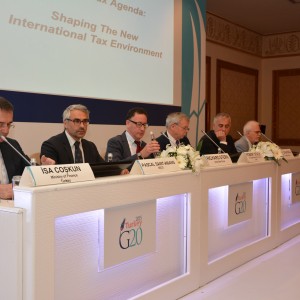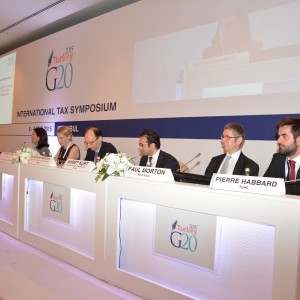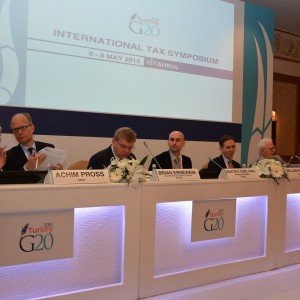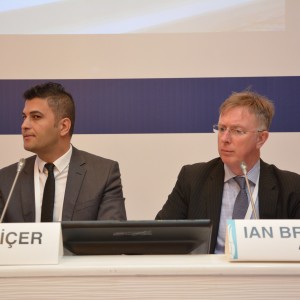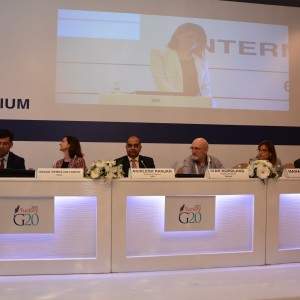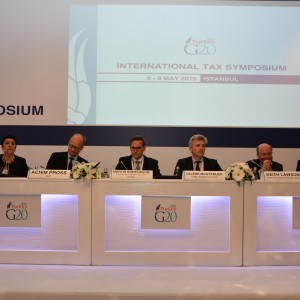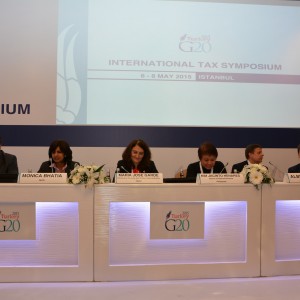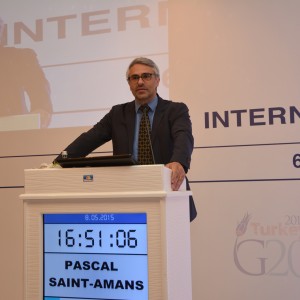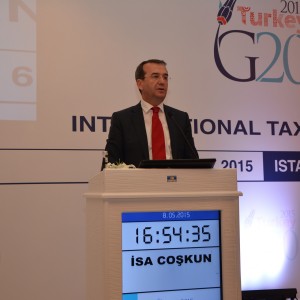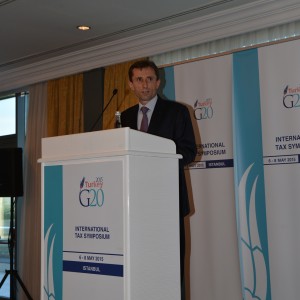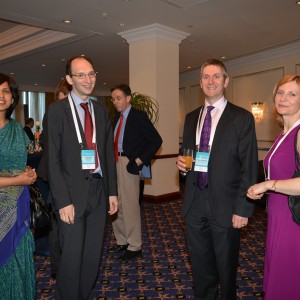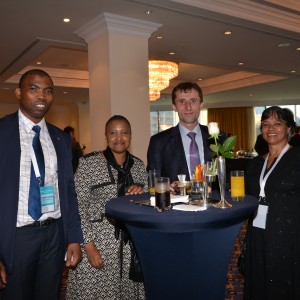Turkish Ministry of Finance hosted “G20 International Tax Symposium” in Istanbul on 6-8 May 2015, bringing together representatives of governments, international organizations, businesses, non-governmental organizations, and academia. Nearly 300 participants from 60 countries attended the Symposium. The Symposium provided for a unique platform for international cooperation and coordination on tax matters, and ensured that low-income countries also benefit from the G20’s work on tax and other related agenda.
The Symposium was inaugurated by the Turkish Minister of Finance, Mr Mehmet ŞİMŞEK and the Chair of OECD’s Committee of Fiscal Affairs, Mr Masatsugu ASAKAWA.
Discussions at the Symposium focused on the Base Erosion and Profit Shifting (BEPS) Project, transparency and Automatic Exchange of Information (AEoI) and ensuring capacity building by ensuring low income and developing countries participation in the international tax agenda.
All these discussions at the Symposium demonstrated that there remains a widespread support for the G20/OECD tax agenda. In the meantime, comments from various stakeholders directed at BEPS Action Plan provided a wider perspective on the global tax agenda. In this respect, the Symposium offered an opportunity for discussions on finding inclusive, global solutions to BEPS.
During the Symposium it was emphasized that it is essential for all countries to make a contribution to policy making process in order to deliver truly global solutions to the current challenges in the international tax system. Therefore, it is necessary to incorporate low income and developing countries’ perspectives. For this reason, providing technical support and capacity building efforts are crucial for the implementation of BEPS measures and the AEoI. In addition to these, it was dwelled on importance of monitoring the implementation of BEPS actions and AEoI.
Details of subjects of the Symposium are located in the enclosed report.
As the presidency of G20, we thank notably OECD and all participants.

